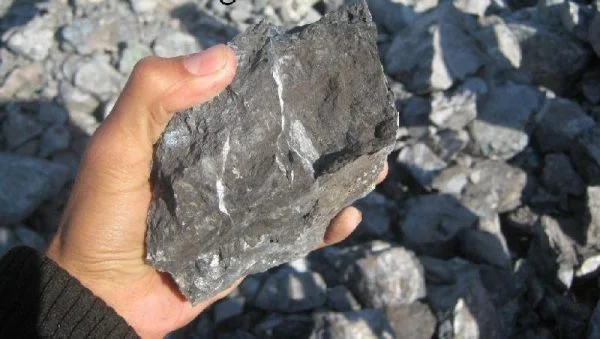Small-scale chrome miner and former Chrome Miners Association chairman, Shelton Lucas, has called for urgent investment in the country’s railway infrastructure, arguing that the lack of efficient rail transport is undermining the competitiveness of Zimbabwean chrome producers in global markets, Mining Zimbabwe can report.
By Rudairo Mapuranga
Lucas, speaking to Mining Zimbabwe, noted that while South Africa — Zimbabwe’s biggest competitor in chrome — is already supported by an extensive rail network with City Deep in Johannesburg as a key logistics hub, Zimbabwe continues to rely heavily on road transport, making its chrome exports significantly more expensive.
“From Mvurwi to Beira or Maputo by road, transport costs range between US$50 to US$60 per tonne. With proper rail investment, this could drop to between US$10 and US$20 per tonne,” Lucas said. “That difference is enough to transform our competitiveness and attract more buyers and investment in both chrome concentrates and ferrochrome.”
He added that Zimbabwe’s chrome sector is being priced out of key export markets due to high inland transport costs, which cut into producer margins and discourage beneficiation and value addition.
“When we talk about value addition in Zimbabwe, we must also talk about cost reduction through infrastructure. Railways are the artery of bulk mineral movement. Without rail, we can’t talk of serious growth,” he said.
Lucas said improved railway infrastructure could stimulate downstream investments in smelting and ferrochrome production, as investors would see Zimbabwe as a logistically viable destination.
His sentiments echo those of Dinson Iron and Steel Company (DISCO) CEO, Ben Xu, who recently told delegates at the Chamber of Mines Annual Conference in Victoria Falls that rail is not just an option, but a necessity if Zimbabwe is to become a global player in mineral exports and steel production.
“Zimbabwe is a landlocked country, but we want to make it trade-linked,” Xu said. “To link markets effectively, logistics are critical. Whether it’s steel, lithium, iron ore, or chrome, we need to ensure these products can move efficiently to ports and buyers.”
Xu warned that the country’s growing mineral output — particularly from iron ore, steel, lithium, and chrome operations — could soon overwhelm existing road-based logistics systems. He said DISCO has taken the lead in proposing the “Grand Railway Solution,” a special purpose vehicle (SPV) designed to partner with the National Railways of Zimbabwe (NRZ), government, and the private sector to modernise and expand rail infrastructure.
“Steel is not a light product. It’s not ideal for long-distance road haulage. To move large volumes efficiently, we must depend on the railway network,” Xu said. “DISCO is not a railway company, but we have initiated the Grand Railway Solution and are engaging with government to move the project forward quickly.”
The proposed solution would enable bulk cargo transport at a lower cost, making Zimbabwe’s exports more competitive in the region and beyond.
Lucas added that beyond cost savings, rehabilitating the railway system would decongest roads, reduce carbon emissions, and extend the life of road infrastructure, aligning with Zimbabwe’s environmental and climate objectives.
“We should look at this not just as a mining issue, but as a national economic strategy. From the farmer to the smelter, everyone wins when rail works,” Lucas said.
Currently, Zimbabwe’s mining companies pay a premium to haul minerals to ports in Beira, Maputo, or Durban, eroding profit margins and reducing incentives for beneficiation. Analysts estimate that a functioning railway system could save chrome and steel producers millions annually and make Zimbabwe a serious mineral export hub in Southern Africa.
As DISCO ramps up production at its US$1 billion steel plant in Manhize, targeting 600,000 tonnes annually, the urgency to fix rail becomes even clearer. Both Lucas and Xu agree: the time for talk is over, and the railway renaissance must begin now.
“If we don’t fix rail soon, we risk collapsing the entire vision for a value-added mining economy,” Lucas warned. “Zimbabwe’s future in chrome and steel depends on this.”





